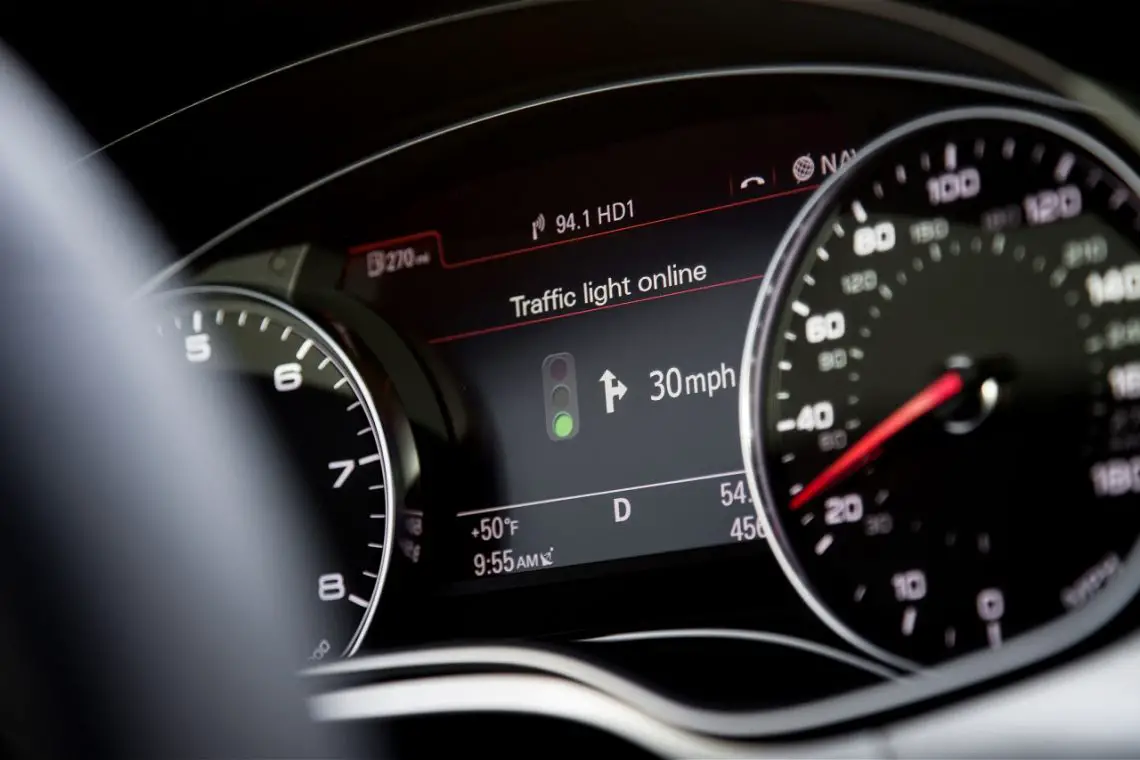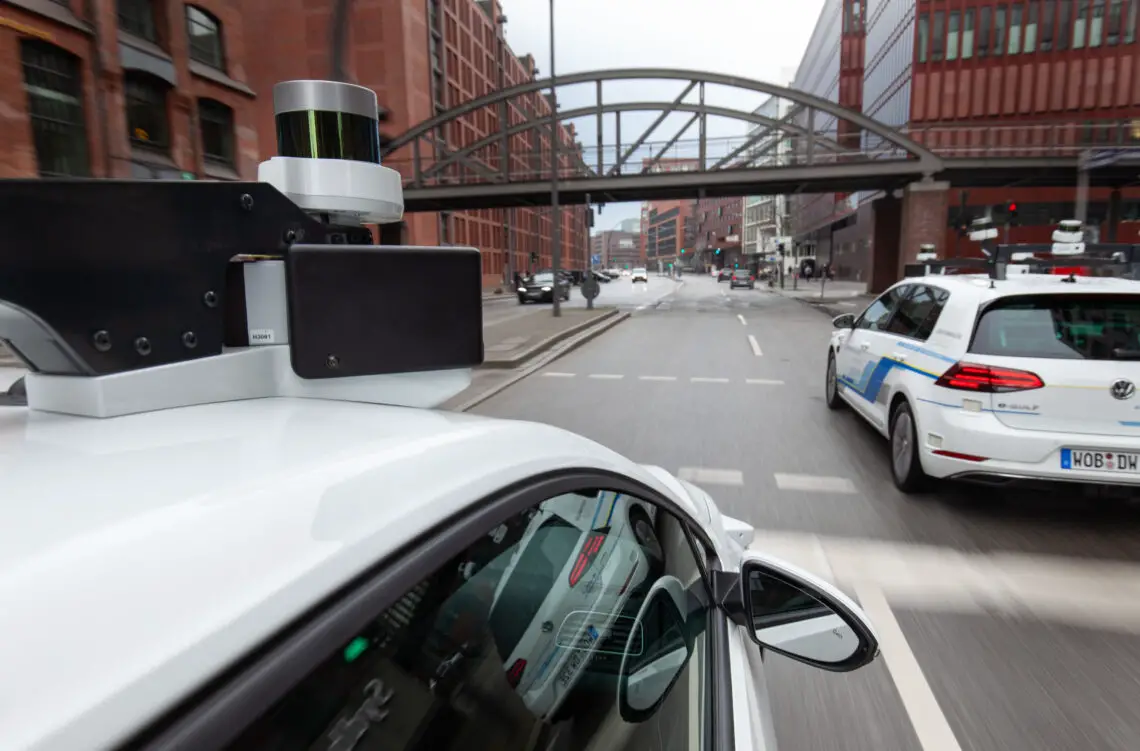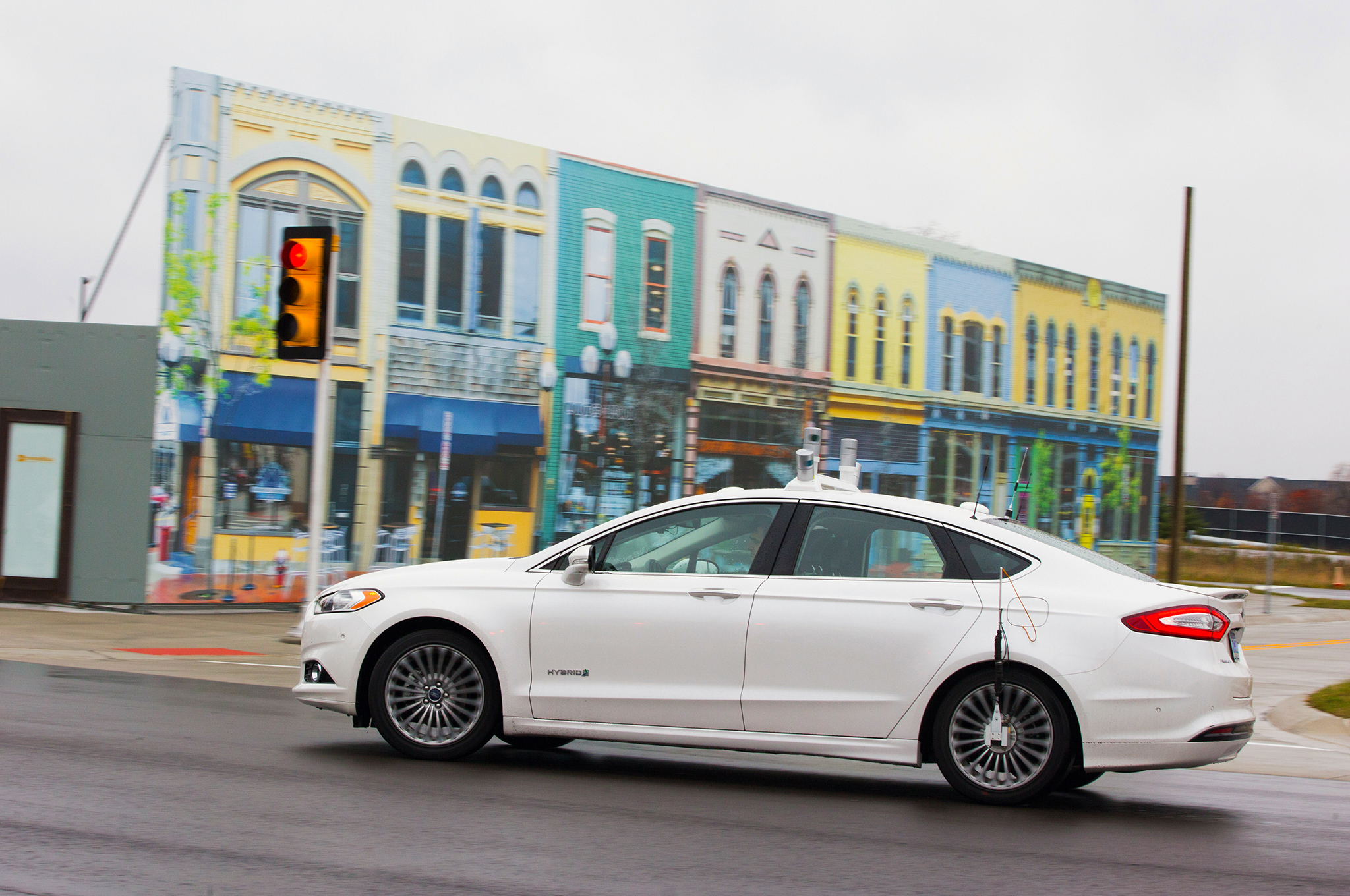How will smart traffic systems work in 2025?
By 2025, smart traffic systems (ITS – Intelligent Transport Systems) operate based on advanced technologies such as artificial intelligence (AI), Internet of Things (IoT), 5G and edge computing to make traffic more efficient, safe and sustainable. Here are the key systems that work with them and how they work:
Smart traffic lights and V2X
AI-controlled traffic lights adjust to traffic flow in real time, improving traffic flow. In the Netherlands, the newest traffic lights already do this, and they also give priority to emergency services and public transport. Sensors recognize emergency vehicles and give them green lights. V2X communication (Vehicle-to-Everything) is in the pilot phase. Vehicles share their location with traffic lights for more efficient flow. DAF conducted a trial with partners and some customers several years ago to test V2X in practice. The goal was to reduce truck stops and accelerations, resulting in substantial fuel savings.

Interconnected and autonomous vehicles
Vehicles communicate among themselves (V2V) and with infrastructure (V2I) to avoid congestion and accidents. Autonomous vehicles use real-time data from smart roads for optimal driving routes.

5G and IoT for traffic monitoring
With the 5G network and IoT, cameras and sensors can continuously collect and quickly exchange data on traffic density. Weather conditions and incidents are also quickly monitored with this technology. AI predicts traffic jams and dynamically adjusts speed limits and lane layouts.
Smart traffic systems active by 2025
Smart traffic systems thus contribute to better mobility, smoother traffic flow and sustainability. Intelligent Traffic Control Systems (iVRIs) are already in use on a fairly large scale. These traffic lights communicate with vehicles and other road users to optimize traffic flow and prioritize certain groups, such as emergency services and public transport. However, the Personal Data Authority (AP) has raised concerns about the privacy risks of these systems, particularly the collection of personal data through mobile apps.
Smart mobility solutions: consulting and engineering firms such as Sweco are working to integrate smart technologies to make traffic more sustainable and efficient. This includes using data analytics and digital tools to manage traffic flows and make better use of infrastructure.
Privacy and ethics: in Amsterdam, plans to implement smart traffic lights have been halted due to concerns about privacy and the possibility of hacking. The municipality decided to abandon this technology after warnings about the potential risks of data collection and use.

